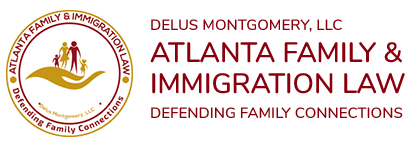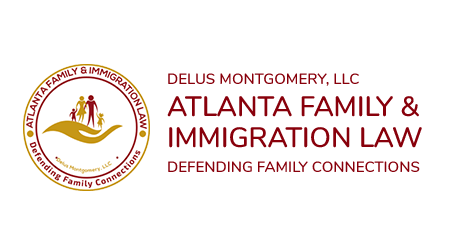WHEN YOU HAVE ELEPHANTS FOR NEIGHBORS: 4 THINGS TO KNOW ABOUT THE COVENANT TO QUIET ENJOYMENT
When you rent your home, you will likely run into inconveniences now and again. In some cases the problems will be minor annoyances, like the neighbor’s baby crying until sunrise or speeding vehicles hurtling past the property, motor screaming. Other times there will be serious issues, such as a landlord who violates your right to privacy or fails to make repairs. In any event, you need to understand your right to “quiet enjoyment” – otherwise known as the covenant to quiet enjoyment.
In Georgia, a legal covenant called the right to quiet enjoyment applies to most rental properties. Typically included in the lease, it entitles you as a tenant to enjoy private and peaceful living conditions as well as exclusive possession and reasonable use of common areas without interference.
Four Things You Should Know about the Covenant to Quiet Enjoyment
1. IT IS IMPLIED IN LEASES.
The covenant of quiet enjoyment is implied in rental agreements, meaning that it does not need to be explicitly stated in order to be legally binding. If a negligent landlord tries to claim that “nothing is in writing,” it is not a viable defense.
2. THE LANDLORD IS ONLY RESPONSIBLE FOR DISTURBANCES ON THE PROPERTY.
Your landlord is obligated to take action when the interruptions or interferences occur on the property. Examples include neighbors across the hall having loud parties, dogs belonging to other tenants being allowed to bark nonstop, and defects such as leaky faucets and broken windows. They cannot, however, do anything about the loud backyard barbecue across the street or the neighbor down the block who runs his lawnmower at 6:00 a.m.
3. THE LANDLORD MAY NOT UNREASONABLY DISTURB YOUR PRIVACY.
Although Georgia law does not require a landlord to give notice before entering a rental unit for non-emergency purposes, 24 hours is typical practice. If they enter your home or apartment unannounced on a regular basis, it is arguably a violation of your privacy and therefore interferes with your ability to enjoy the premises.
4. CONSTRUCTIVE EVICTIONS ARE A BREACH.
Georgia courts have recognized two eviction situations that breach the covenant of quiet enjoyment.
- Constructive evictions. If your landlord persists in entering your unit on a regular basis without just cause or reasonable notice or behaves in a malicious or negligent manner (e.g. removing doors and windows, failing to carry out necessary repairs), you would be considered “constructively evicted.” These actions also interfere with your right to enjoy the property undisturbed.
- Paramount Title. Courts have found that it can be considered a breach of the covenant if you are evicted either because your landlord 1) did not have clear title to the building, or 2) have the authority to rent the property for the full term of the lease.
If your landlord’s breaches of your right to quiet enjoyment are so extreme that they constitute a constructive eviction, you may be able to break the lease. To avoid liability, the problem must be serious, such as lack of water or heat, and you should always consult an experienced Georgia tenant’s rights attorney beforehand.
Contact Us If You Have Questions about the Covenant to Quiet Enjoyment
At the Law Office of Judith Delus, P.A., we are committed to protecting your right to enjoy your rented property without undue annoyance or interference. If conditions have reached the point that you can no longer continue your tenancy, contact us for a case review today.





